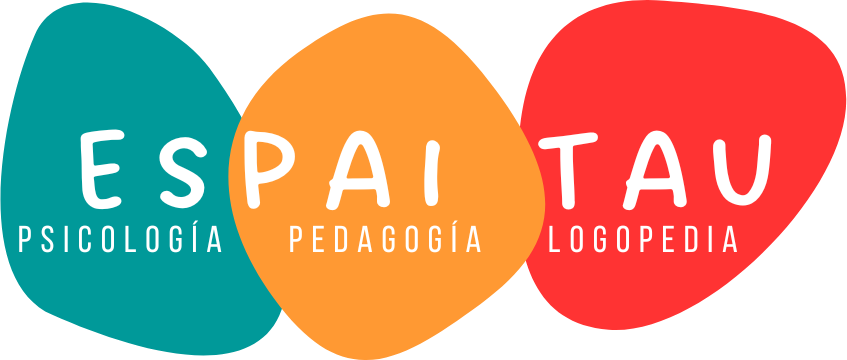
Childhood apraxia of speech is a speech disorder in which the child has difficulty making voluntary and precise movements when speaking.
In childhood apraxia of speech, the brain has trouble planning the movement of speech. With this disorder, the speech muscles are not weak, but they do not function normally because the brain has difficulty directing or coordinating voluntary movements.
To speak properly, your child’s brain has to learn to make plans that tell the speech muscles, for example, how to move the lips, jaw, and tongue to produce accurate sounds and words spoken with normal rhythm and speed.
Childhood apraxia of speech, in addition to other therapies such as occupational therapy, is treated with speech therapy, in which children practice the correct way of saying sounds, words, syllables and phrases.
The symptoms may vary depending on the age of the child or the severity of his difficulty:
- Delay in the beginning of the first words.
- A limited number of spoken words.
- The ability to form only a few consonant or vowel sounds.
As children develop more their speech, the following symptoms may appear:
- Distortions of vowels and consonants.
- Separation of syllables in or between words.
- Voice errors at the moment of speech, such as “bay” instead of “play”.
Childhood apraxia of speech can often be confused with other speech disorders, but that is what the expert and specialized professional is for, so that he or she can distinguish apraxia of speech with other disorders.
Most of the time, the child is unable to imitate simple mouth movements or sounds or words or phrases.
The speech therapist is the appropriate professional when evaluating and intervening with the corresponding and personalized treatment for the child and his / her family.
The medical team together with the speech therapist works throughout the life stages of the child for a successful outcome.
Family support is a key part of treatment for a child with apraxia of speech. Parents and caregivers can help the child practice speaking.
You can also help by:
- Avoiding pressuring your child to speak.
- Showing patience when your child wants to talk.
- Having a positive attitude toward your child’s efforts.
- Showing family, friends, and educators how to support your child’s attempts to communicate.
- Following the instructions of the speech therapist and the interdisciplinary team.
- Supporting and encouraging your child in general.
ESPAI TAU KIDS TEAM
